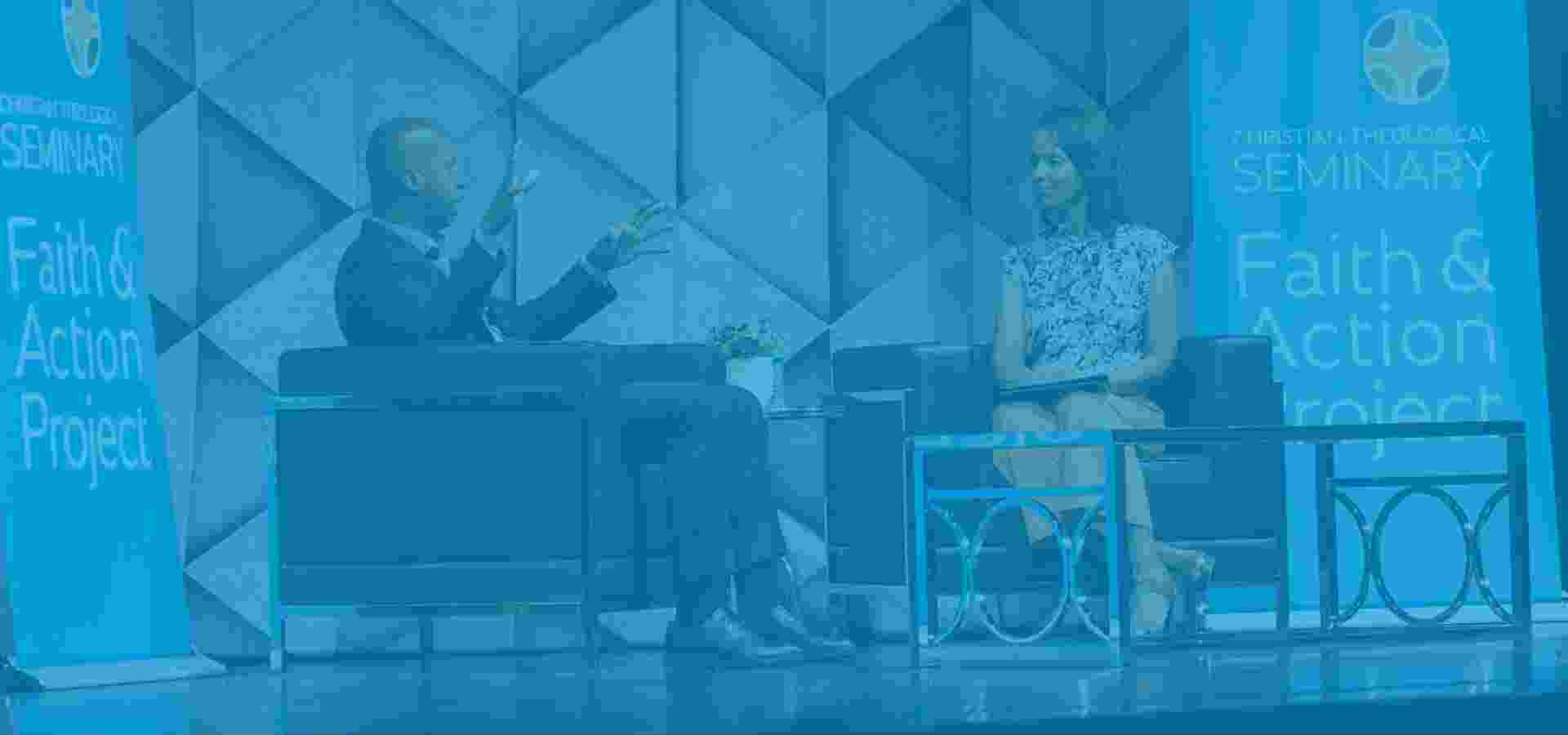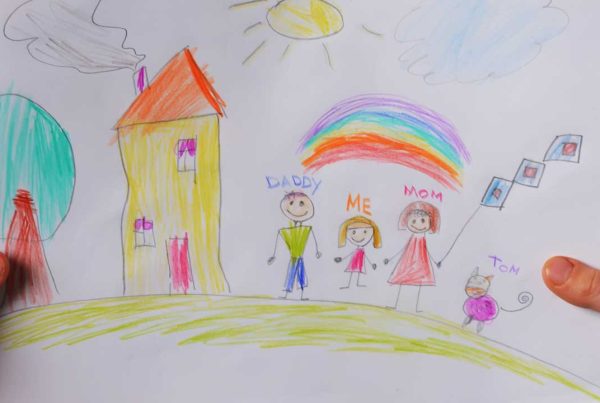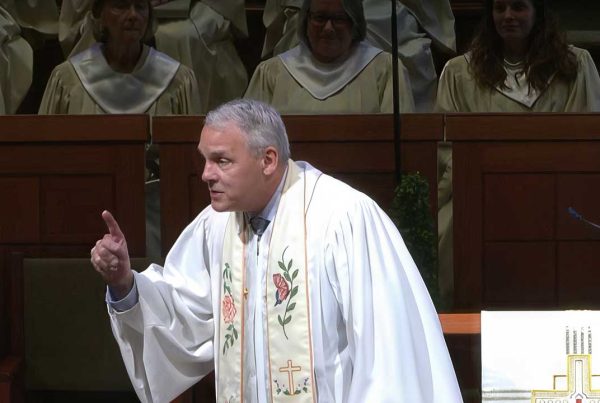
Rev. Christopher A. Henry
As I was leaving last evening’s extraordinary event, still processing the proclamation and summons we had witnessed together in Bryan Stevenson’s powerful presentation, I ran into a friend in the lobby. After brief greetings, my friend said, “Well, that was directed right at you!”
In one way that is absolutely true. The words of hope and warning we heard were intended, I think, as a wake-up call to faith communities and their leaders—particularly large, well-resourced, established institutions of faith. Churches like the one I serve. The evening was filled with sacred scripture, personal stories of saints, and prophetic provocation. We were reminded of the necessity of moving beyond comfort zones and toward proximity with neighbors we condemn, avoid, or simply ignore. Communities of faith can and must take the lead in this work.
And yet, in another way, the power of Stevenson’s presentation was its universality, deeply rooted in testimony. In her novel Gilead, Marilynne Robinson suggests that the difference between a prophet and a scribe is that the prophet loves the people they chastise. Last night, we heard the words of a prophet who loves us enough to tell us the truth and who believes in divine mercy enough to call us to change.
I was most moved by the radical inclusivity of this prophet’s words. The miraculous gift of proximity is that it is a spiritual discipline that anyone can practice. When we keep our distance, it is easy to assume the worst of others and cling to the best version of ourselves. When we come close, we find our judgments and stereotypes break down under the microscope of encounter. And in that way, we discover the purpose of grace—to make us more gracious.
Rev. Christopher A. Henry
Senior Pastor, Second Presbyterian Church






